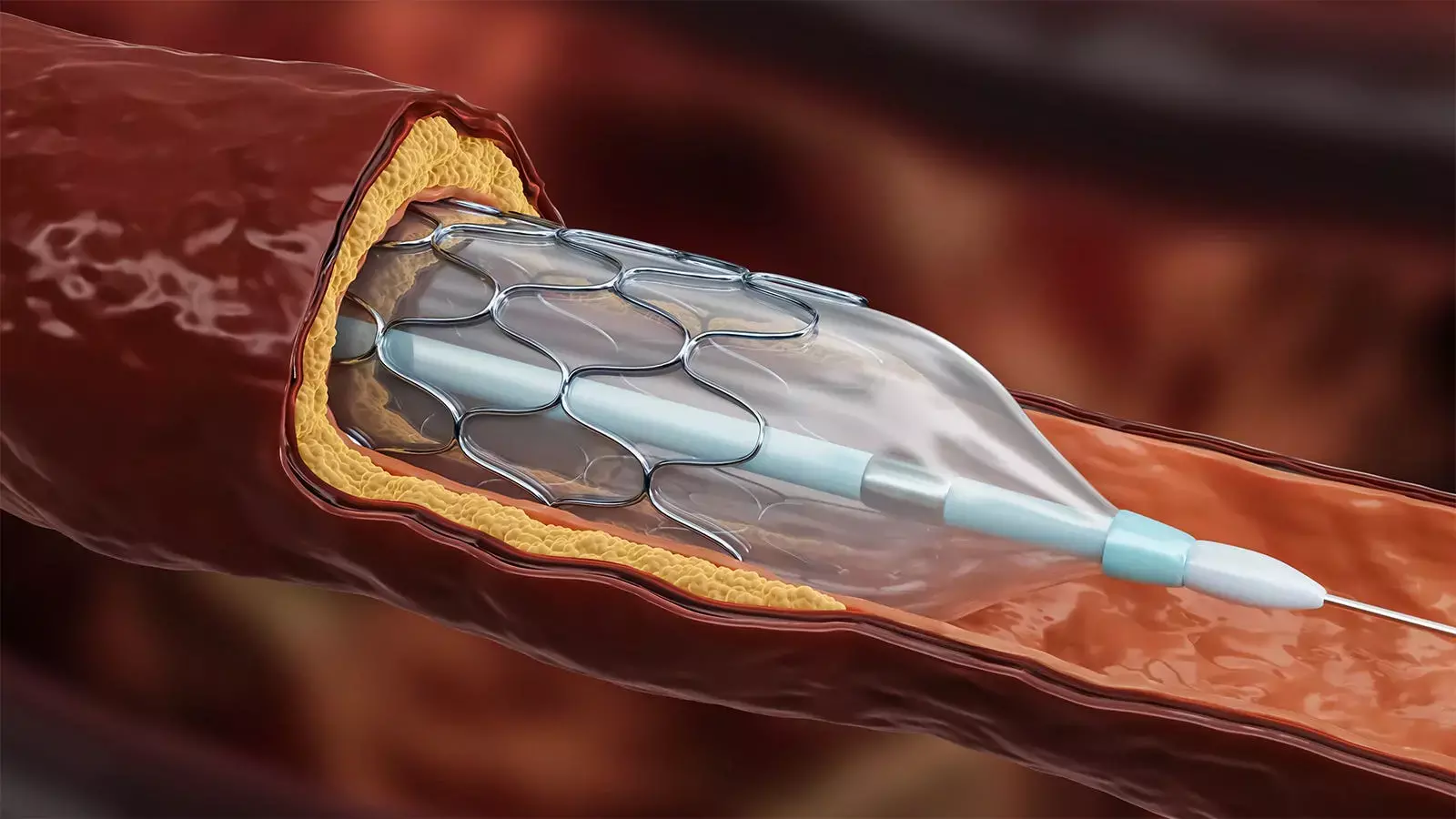- Home
- Medical news & Guidelines
- Anesthesiology
- Cardiology and CTVS
- Critical Care
- Dentistry
- Dermatology
- Diabetes and Endocrinology
- ENT
- Gastroenterology
- Medicine
- Nephrology
- Neurology
- Obstretics-Gynaecology
- Oncology
- Ophthalmology
- Orthopaedics
- Pediatrics-Neonatology
- Psychiatry
- Pulmonology
- Radiology
- Surgery
- Urology
- Laboratory Medicine
- Diet
- Nursing
- Paramedical
- Physiotherapy
- Health news
- Fact Check
- Bone Health Fact Check
- Brain Health Fact Check
- Cancer Related Fact Check
- Child Care Fact Check
- Dental and oral health fact check
- Diabetes and metabolic health fact check
- Diet and Nutrition Fact Check
- Eye and ENT Care Fact Check
- Fitness fact check
- Gut health fact check
- Heart health fact check
- Kidney health fact check
- Medical education fact check
- Men's health fact check
- Respiratory fact check
- Skin and hair care fact check
- Vaccine and Immunization fact check
- Women's health fact check
- AYUSH
- State News
- Andaman and Nicobar Islands
- Andhra Pradesh
- Arunachal Pradesh
- Assam
- Bihar
- Chandigarh
- Chattisgarh
- Dadra and Nagar Haveli
- Daman and Diu
- Delhi
- Goa
- Gujarat
- Haryana
- Himachal Pradesh
- Jammu & Kashmir
- Jharkhand
- Karnataka
- Kerala
- Ladakh
- Lakshadweep
- Madhya Pradesh
- Maharashtra
- Manipur
- Meghalaya
- Mizoram
- Nagaland
- Odisha
- Puducherry
- Punjab
- Rajasthan
- Sikkim
- Tamil Nadu
- Telangana
- Tripura
- Uttar Pradesh
- Uttrakhand
- West Bengal
- Medical Education
- Industry
STEMI patients with multivessel CAD benefit most from complete revascularization during the index procedure

CHINA: STEMI patients with multivessel coronary artery disease should undergo complete revascularization, and complete revascularization during the index procedure is superior to complete revascularization during a staged procedure in terms of lowering the risk of major adverse cardiac events (MACE) events, states a study published in the Journal, Frontiers in Cardiovascular Medicine.
Multivessel Coronary Artery Disease (CAD), which is linked to increased mortality and a worse prognosis, affects about 50% of individuals with ST-segment elevation myocardial infarction (STEMI). Multiple randomized trials have recently demonstrated that patients with multivessel disease (MVD) frequently seek complete revascularization after percutaneous coronary intervention (PCI) to enhance their prognosis. It has been debatable when the non-culprit artery should be operated on, though.
With regard to ST-segment elevation myocardial infarction (STEMI) patients who had multivessel coronary artery disease, the study sought to identify the best revascularization approach (CAD).
There were 17 randomized controlled trials (RCTs) with 8568 patients that compared three revascularization strategies for STEMI patients with multivessel coronary artery disease: complete revascularization at the index procedure (CR), complete revascularization as a staged procedure (SR), or culprit-only revascularization (COR). Both pairwise and network meta-analyses were carried out by the researchers. Mixed treatment comparison models were used in network meta-analysis. Major adverse cardiac events were the analysis's main result (MACE). Heart failure, stroke, severe hemorrhage, contrast-induced nephropathy, all-cause mortality, cardiac mortality, nonfatal re-MI, unplanned repeat revascularization, re-hospitalization, and stent thrombosis were secondary outcomes.
Key findings of the study:
- Major adverse cardiac events (MACE) were more likely to occur with phased revascularization at the index procedure compared to full revascularization [odds ratio (OR): 1.93; 95% confidence interval (CI): 1.07-3.49].
- Complete revascularization decreased the chance of unplanned repeat revascularization (RR: 0.49, 95% CI: 0.33-0.75, p = 0.001), which in turn decreased the incidence of MACE in the pairwise meta-analysis [risk ratio (RR): 0.62, 95% CI: 0.48-0.79, p<0.001].
- All-cause mortality, cardiac mortality, and nonfatal re-myocardial infarction did not differ significantly from one another.
The authors concluded that revascularization of non-culprit arteries during Primary Percutaneous Coronary Intervention is secure and practical while lowering the risk of re-hospitalization.
According to the authors, the sub-study of the COMPLETE trial suggested that the benefit of complete revascularization over culprit-lesion only PCI was consistent among STEMI patients with multi-vessel disease, regardless of the timing of non-culprit-lesion intervention as determined by the investigator.
More prospective RCTs are required to ascertain the appropriate timing of full revascularization and its effects on all-cause mortality, cardiovascular mortality, and risk of re-MI, they added.
REFERENCE
Feng Y, Li S, Hu S, Wan J, Shao H. The optimal timing for non-culprit percutaneous coronary intervention in patients with multivessel coronary artery disease: A pairwise and network meta-analysis of randomized trials. Frontiers in Cardiovascular Medicine. 2022 ;9:1000664. DOI: 10.3389/fcvm.2022.1000664. PMID: 36225962; PMCID: PMC9548605.
Dr Kamal Kant Kohli-MBBS, DTCD- a chest specialist with more than 30 years of practice and a flair for writing clinical articles, Dr Kamal Kant Kohli joined Medical Dialogues as a Chief Editor of Medical News. Besides writing articles, as an editor, he proofreads and verifies all the medical content published on Medical Dialogues including those coming from journals, studies,medical conferences,guidelines etc. Email: drkohli@medicaldialogues.in. Contact no. 011-43720751


